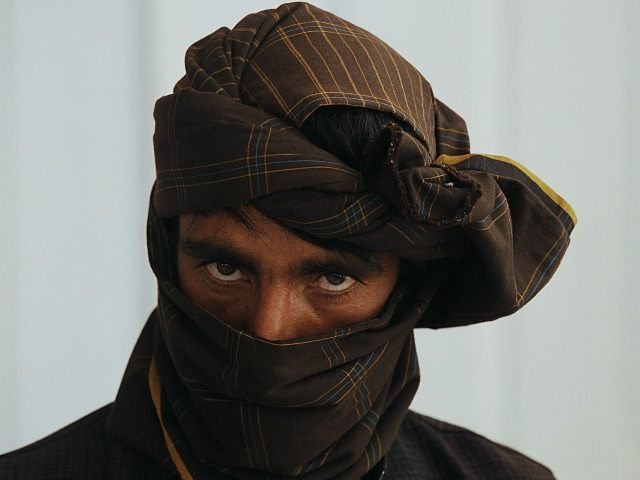Pakistan serves as a sanctuary for Taliban leaders, admitted an adviser to the Pakistani prime minister, echoing the most recent Pentagon report on the situation in Afghanistan.
Sartaj Aziz, adviser to Pakistan’s PM Nawaz Sharif on foreign affairs, made the admission on March 1 at the Council on Foreign Relations think tank.
Dawn notes that Islamabad has for years denied that the Afghan Taliban enjoys a safe haven in Pakistan or that it could take action to end the terrorist group’s violent offensive in Afghanistan that has left tens of thousands of Afghan civilians and U.S.-led international troops dead since October 2001.
Nevertheless, Aziz made the unusually candid admission, noting that Pakistan has considerable influence over the Taliban because its leaders live within its borders.
“We have some influence over them because their leadership is in Pakistan and they get some medical facilities. Their families are here,” he said. “We can use those levers to pressurize them to say, ‘Come to the table.’ But we can’t negotiate on behalf of the Afghan government because we cannot offer them what the Afghan government can offer them.”
Pakistan used its influence over the Afghan Taliban to pressure it into participating in the unprecedented direct talks with the Afghan government on July 7, 2015, noted Aziz.
“We have to use these levers and [have] restricted their movements, restricted their access to hospitals and other facilities, and threatened them that ‘If you don’t come forward and talk, we will at least expel you,'” he said, referring to the tough message Islamabad sent to Taliban leaders, most of whom are believed to be residing in Quetta, the capital of southwestern Balochistan province in Pakistan, located along the country’s border with Iran and Afghanistan.
“[We told the Taliban leaders that] we have hosted [them] enough for 35 years, and we can’t do it anymore because the whole world is blaming us just by [their] presence here,” declared Aziz.
In its latest semi-annual report on the current situation in Afghanistan, published in December 2015, the Pentagon maintained that the Pakistan-Afghanistan border serves as a sanctuary for the various jihadist groups, including al-Qaeda, as well as the Pakistani and Afghan Taliban.
The report points out:
The Afghanistan-Pakistan border region remains a sanctuary for various groups, including al Qaeda, the Haqqani Network, Lashkar-e Tayyiba, Tehrik-e-Taliban Pakistan, the Islamic State of Iraq and the Levant – Khorasan Province, and the Islamic Movement of Uzbekistan.
“These extremist sanctuaries remain a security challenge for both Afghanistan and Pakistan and pose a threat to regional stability.”
“[Afghan] Taliban fighters continued to fight and die at high rates while their senior leaders remained in safe havens in Pakistan,” adds the report.
The Pakistani PM adviser stressed that Pakistan no longer supports jihadist groups.
“After our government came into power in 2013, there has been a significant change in our policy. We are now moving against all terrorists without discrimination,” he declared.
Last week, Pakistan, Afghanistan, the United States, and China agreed on a road map to bring the Afghan war to an end through negotiations between Kabul and the Taliban.
“Taliban representatives are expected to join Afghan officials in the first round of peace talks in Pakistan during the next few weeks,” reports Dawn.

COMMENTS
Please let us know if you're having issues with commenting.